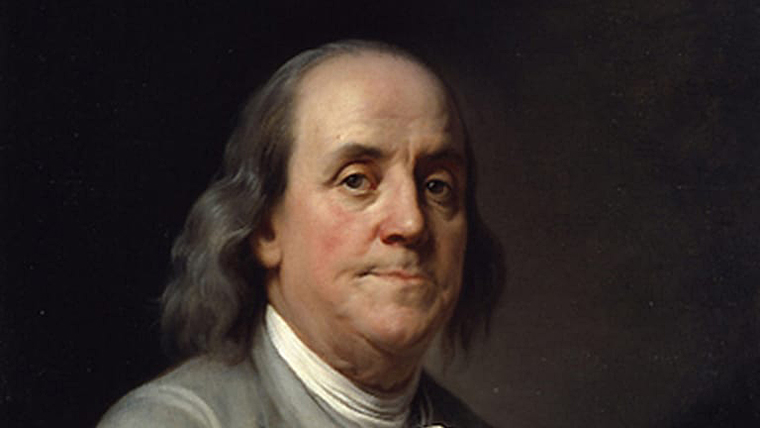
We live in a time of specialization. Higher education for example, has primarily become a workplace on-ramp preparing top students to enter professional careers in which to specialize and make lots of money. Scholarship and acquiring knowledge for its own value has become secondary to obtaining the specific credentials necessary to get a high-paying job.
No matter what segment of the vast professional work force we examine, we find it filled with specialists who in many cases often cannot see the whole picture. Our current economic crisis is largely the result of financial world specialization. Creative “bundling” and “derivatives”specialists created vulnerable investment vehicles so complicated and obscure that virtually no one else could, or can as yet, fully sort them out. Lo and behold, the specialists created such a horribly tangled mess that the only ones we can rely on to straighten out the problem are…the very same specialists! This sorry fact does not help me sleep better at night.
Ironically, what we really need today are generalists, not specialists. I’m not saying there are not benefits derived from those who intensively study and master a particular discipline, to the contrary. However, I am saying that too many specialists often “miss the forest for the trees.” We live in a highly interdependent world wherein causes and effects radiate throughout the whole, not just parts. Accordingly, the decisions made by financial specialists have had broad effects on matters well outside of their area of expertise. The absence of a general understanding of the wholeness of our natural and man-made systems, the ability to grasp a larger view of decision making and choices based on a general appreciation of the big picture, has produced a persistent and pernicious form of professional myopia.
Our modern penchant to divide the world into discreet parts and ignore those in which we have no interest has led to a haphazard, disjointed and inefficient world, one where individual greed and self-interest have trumped building greater societal or ecological value. Specialization often breeds tunnel vision, tunnel vision blocks greater understanding and a lack of understanding underlies poor decision making. The unfortunate result is that we lurch from crisis to crisis, always trying to catch up with the unanticipated effects of what we have wrought through our specialized ignorance.
It’s hard to find a high-paying job as a generalist, I will admit, yet it is the one specialty we sorely need right now. Only the generalist, who by intelligence, intention and deep curiosity learns and masters diverse subjects and varied disciplines, can see the true wholeness of things. Leonardo da Vinci, Thomas Jefferson, Benjamin Franklin, and R. Buckminster Fuller are a few examples of historic generalists and benefactors of great measure. Through the generalist’s lens, all the myriad activities of humankind are seen to have a rightful place in planning and decision making. Be it in art, music, language, philosophy, science, medicine, law, cooking, farming, child-rearing, politics … you name it, in many subtle and not-so-subtle ways everything fits together to produce what we call our world.
Discerning interdependence inevitably leads to deeper understandings of how inextricably connected everything is to everything else; nothing occurs in isolation. The generalist understands, and with this comes the wisdom that what we seek for our own benefit must be of benefit to others. If not, eventually we will all suffer.